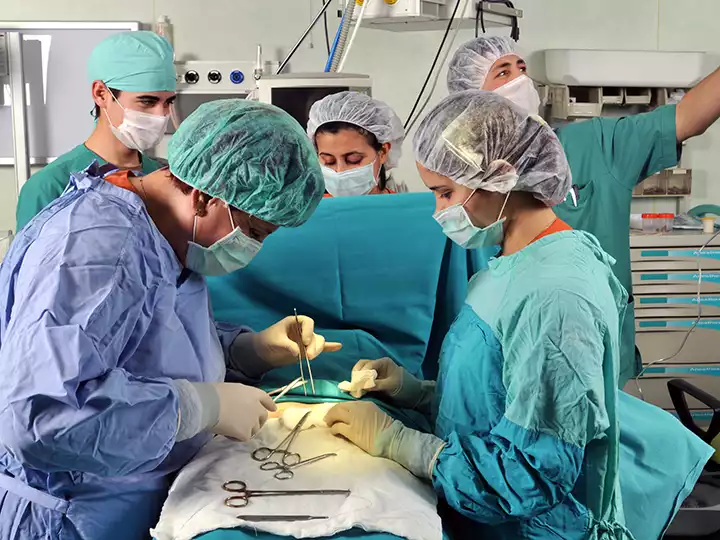Organ Transplantation
According to the Centers for Disease Detection and Control:
- 15% of the adult US population has chronic kidney disease (CKD) – 37 million people and more than 90% of the people with CKD don’t know they have it
- CKD is progressive – once present, it almost always gets worse with age and time
- When CKD progresses to end-stage renal disease – where the kidneys are no longer able to meet the many critical physiologic and metabolic needs of patients – these patients will either need dialysis therapy or a kidney transplant
There is a profound, immediate, and unmet need for organs for transplantation. The Organ Procurement and Transplantation Network (OPTN) facilitates and regulates organ transplantation in the US, bringing together patients, transplant surgeons and centers, and organ procurement organizations.
According to OPTN Waiting List data:
- On Thursday, February 16, 2023, there were 96,123 patients with CKD waiting to receive a kidney transplant
- In 2022 (the most recent annual data) there were only 25,499 donated kidneys….so approximately 27% of patients with kidney failure will actually get a transplant and other patients who do not get a transplant either will be sustained on dialysis or they will die from renal failure-related disease
- Despite many efforts to supply more organs for transplantation, there is a significant unmet need – that could be met by using more of the available organs (up to 30% of donated organs are not used due to concerns about ‘quality’) and using organ preservation systems to improve storage and distribution. Click here for additional information.
Rametrix® Technology, Inc. has developed a means to determine organ ‘quality’, using our patented Rametrix® Technology, Inc. molecular fingerprinting technology. Scientists and engineers at Rametrix® Technology, Inc. have published several key studies [Refer to Zhu et al; Rossi et al] on organ preservation and quality assessment and are currently collaborating on a one-year study to determine if our technology could predict organ viability after transplantation (detection of delayed graft function) and be a widely-accepted tool to determine organ quality before transplantation (without the need to perform invasive biopsies). Rametrix® Technology, Inc. engineers are currently designing and testing a sensor that can monitor the preservation of organs on machine organ preservation systems (MOPS) by monitoring preservation fluid molecular fingerprints.

